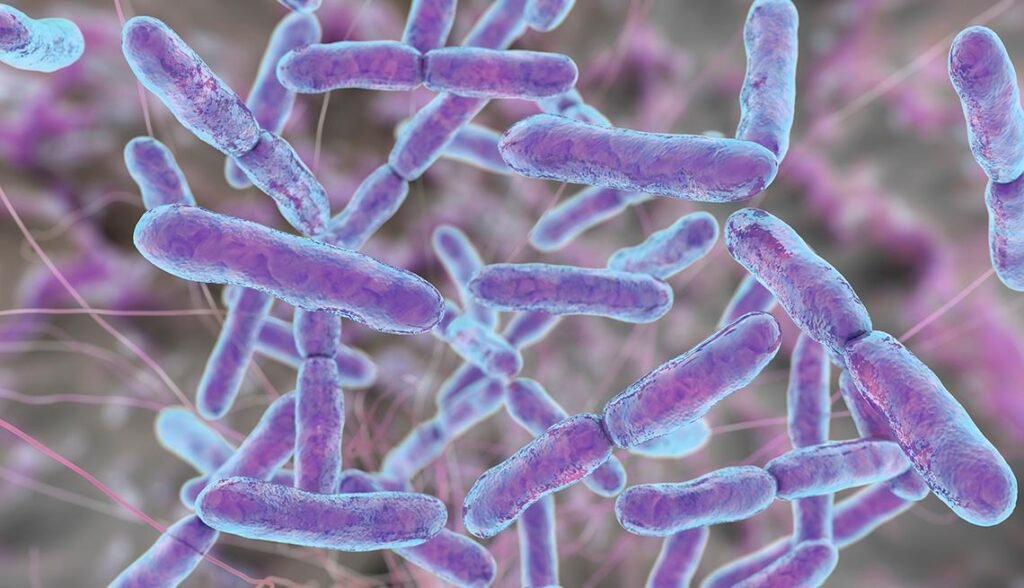There’s an armor that has no metal shield shape but helps us fight a thousand battles. However, it also decks with the spears and ends up rusting if you don’t care. Affronts come in the form of harmful bacteria, viruses, colds, stress, or advanced age. The maintenance of the armor is done based on adequate nutrition, healthy lifestyles, and the consumption of probiotics. That’s how our immune system shines.
Do you know how the immune system works in the face of viruses?
One of the worst enemies of that protection with which we are born, our immune system, is undoubtedly viruses. With COVID-19, more than ever, there is talk of the importance of having strong immunity to face it in the best way. How to get it?
Our armor is composed of three elements. First, physical barriers (skin, gastrointestinal coating), prevent the virus from accessing our interior. These surfaces are covered with chemicals that also participate in this function (skin sebum, mucus, stomach acid). And there is still a third defensive element: the set of microorganisms that coexist with us (microbiota) and that also collaborate to prevent the entry of infectious agents.
The microbiota is on all surfaces that cover our barriers: the skin, the mucous membranes of the intestine, the respiratory, or the genital-urinary tract… Some viruses can get through these barriers. In that case, we have the defenses or innate answers, cells that will be activated automatically to isolate or eliminate any intruder. At the same time, key defensive cells, T and B lymphocytes will activate specific destruction mechanisms against the infectious agent in particular.
The ability to make antibodies has memory; if we re-infect ourselves with the same virus, our body will react faster.
Probiotics: a way to strengthen the immune system
To keep armor impenetrable in front of the enemy, it is essential to feed well, do sport, or avoid alcohol or tobacco. For example, according to the International Society of Immunontrition (ISIN), a varied and balanced diet, rich in fruits and vegetables – containing antioxidants – helps to good immune function.
The Mediterranean diet and all those that promote a healthy microbiota improve the immune response. And then there are certain food supplements: probiotics. Their demand is booming, but do we know what the probiotics are, how much should be taken, or if they exist specific to each person?
80% of our immune system is in the gut: the intestinal flora helps strengthen it and fight common infections.
The importance of protecting intestinal flora
Probiotics are external living microorganisms (mostly bacteria or yeasts) that we can incorporate to improve the immune response and, therefore, defense against infections, such as coronavirus, but also in many other cases. That’s right, not everyone’s good for everything. That is why the advice of the experts is to ingest probiotics in the context of a balanced diet. That combination, yes, is right.
80% of our immune system is in the gut: intestinal flora can help us strengthen it and fight against the most common infections. But the flora can easily unbalance and affect our defenses. Probiotics are nothing more than beneficial bacteria, the same as our intestinal flora, that can help us improve our immune, digestive, and respiratory function and our overall health.
Probiotics are external living microorganisms that we can incorporate to improve the immune response.
Season changes, the arrival of colds, stress, flu, cold vaccinations or advanced age can undermine our defenses and that’s when we may need extra help. This is where the probiotics come in. To protect the immune system and the restoration of defenses there are specific probiotic strains, such as Lactobacillus plantarum CECT 7315 and CECT 7316, which in Spain contains only the probiotic Lactoflora adult immune protection of STADA and whose effectiveness has been proven with various clinical studies.
What to look at when choosing a probiotic?
On the market there are a large number of probiotics, but according to the World Health Organization and the World Gastroenterology Organization, only those that meet certain requirements are of quality: the label must include gender, species, and strain of each microorganism, with this structure, such as Lactobacillus rhamnosus Llight; colony forming units (quantity of live microorganisms in each capsule, over or bottle); recommended doses; storage conditions and contact information from the pharmaceutical laboratory.
In purchasing a probiotic, it is also essential to establish, in addition, that it has its studies done by the manufacturing laboratory that supports its effectiveness and safety for the health indication it promises. It is clinical studies that mark the effective dose and that is why we must look at their presence in labelling. That is, the fact that the label contains more microorganisms does not mean that the probiotic is better. In fact, in the case of probiotics, less can be more.

